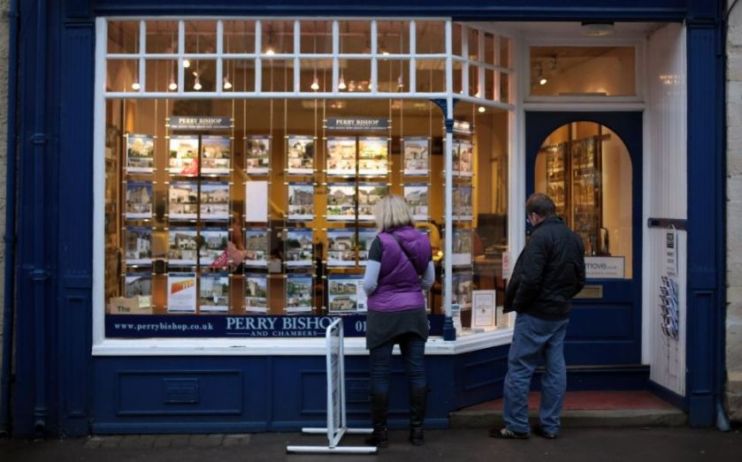Why you should be worried about the rise of the Bank of Mum and Dad

The yearning to own one’s home is as British as a piping hot cup of tea, cricket, or a traditional roast dinner, and the UK’s rates of ownership-occupancy have traditionally been among the highest in Europe.
Unlike many traditions, this desire hasn’t been dented by the complexities of modern life either. One recent survey revealed that homeownership remains a top priority for young people, with almost two thirds of 25-34 year olds stating that they would like to purchase a house in the next 10 years.
The benefits of homeownership are plentiful and the nucleus of long-term financial health. As such, successive governments, through historic policies like the New Towns Act and the Right to Buy and contemporary ones like Help to Buy, have all aimed to increase or maintain rates of homeownership.
However, today’s young face vastly different challenges to those before them. Over the last 20 years, we’ve witnessed nothing short of a collapse in homeownership, with the number of 25-34 year old owners dropping by more than a third.
While house prices have shot up by 173 per cent over the last two decades, average pay has only grown by 19 per cent. The stringent lending criteria introduced after the 2008 financial crisis has also resulted in the average mortgage deposit size ballooning to £33,000 – an increase of over 94 per cent compared to the same figure in 2007.
Consequently, it has become far more difficult to climb onto the ladder, with one estimate suggesting that it would take 18 years for the average person aged between 27 and 30 to save a deposit on their own.
This has resulted in many turning to family for support. The “Bank of Mum and Dad” is expected to participate in almost one in every five property transactions this year, and parental involvement in the market is now so prevalent that if it were judged on purely monetary terms, this would be the eleventh biggest mortgage lender in the country.
Older generations have been the chief beneficiaries of rising property values, and many have leveraged their assets to assist younger relatives. This can be done via purely cash means, through an equity release or remortgaging. However, property wealth also grants access to a number of additional products, such as the Post Office’s Family Link, and Lloyds’ “lend a hand” zero deposit guarantor mortgages.
This creates a two-tiered mortgage system, where those from more affluent backgrounds will be disproportionately more likely to climb onto the property ladder, heightening inequality. But there are also many risks to parents.
We’re all living longer, and will increasingly need a larger cash pot for our post-retirement standard of living. This behaviour of “gifting” cash to children could impact parents’ quality of life. Even if the money is loaned, property is incredibly illiquid, and the parents would retain ambiguous rights to the house.
This means that the money won’t be extractable in a hurry.
We should welcome action to help more people make the dream of homeownership a reality, but this isn’t how to achieve it. We need to see the power being placed with the buyer, as opposed to subjecting them to the lottery of birth. The growth of the Bank of Mum and Dad should be a concern for us all.